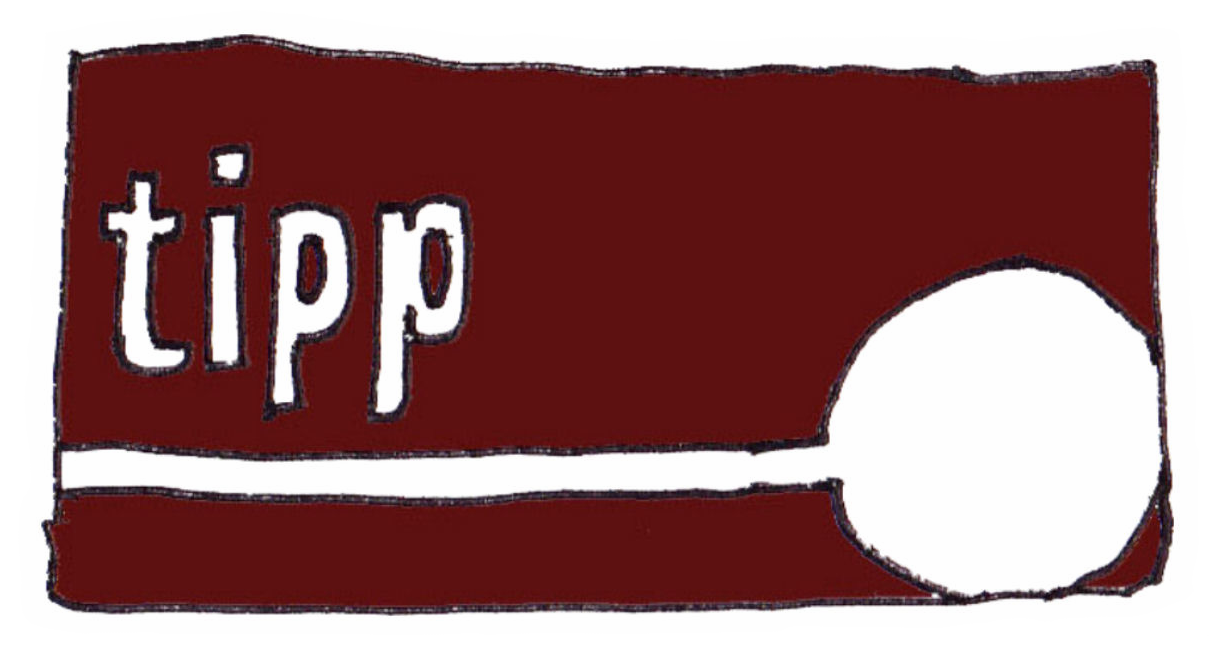“As the morning breaks I hear the Milkman’s van. The dogs are barking In Afghanistan”
Matt Hill (Quiet Loner) is storytelling singer-songwriter who often draws inspiration from history to speak of today’s fights and struggles. He’s been working on the Changing Stories project to work with participants to write and perform their own songs.
Artist: Paul Gent
All creative processes begin with nothing. One certainty about the process is you never know quite what you’re going to get at the end. That has certainly been the case for me working on the Changing Stories project, where I was constantly surprised and delighted at what we came up with.
My brief was to work with the participants to write a song as a group. The lyrics above came from one of those sessions. They are certainly evocative. They set your brain whirring with questions - Do they even have milkmen in Afghanistan? Is this meant to be Hull or Hellmand? What has set the dogs off barking? As opening song lines go, it does its job very well. It grabs your attention and starts you thinking.
Those two lines came from an exercise where you are given a prompt to write a line of text. You then pass it on to the person next to you who has to respond to it with a second line and try it make it rhyme. And the clock is ticking! So the second line about the dogs was probably born from nothing more than the desperate thought “I’ve got 30 seconds - what on earth rhymes with milkman’s van?”.
Adding a time limit to the writing process focusses the mind – it doesn’t matter what comes out as long as something does. There’s nothing more terrifying than a blank sheet of paper so by giving the group a structure we can be sure something will happen. By passing the paper along it removes any anxiety that this is your sole work and it might not be up to scratch. This is a group effort and we share the outcome, whether it’s good or bad.
Artist: Paul Gent
At the end of the exercise we reviewed the lines. We all liked the milkman couplet and then we saw this line - “When tomorrow comes I’ll be on the run. And I won’t stop until the battles won”
Suddenly there’s a lightning bolt – we’re away! Our song has acquired a backstory. A discussion starts up – maybe he’s a soldier? Maybe he has PTSD? He’s hearing the milkman because he can’t sleep. He’s having a flashback, he thinks he’s back in the war in Afghanistan. And suddenly from an empty space an idea comes and we are on our way.
As a songwriter I’m used to writing on my own. Spending hours crafting words and melody. These sessions for Changing Stories were about speed and group work. Can we write a song in an hour? Can we all get involved? Can we produce something that we all have a hand in writing – even if there’s 6 or 7 of us?
Artist: Paul Gent
This sort of collaborative working in a creative way can be challenging, we all have our own vision and ideas and not all of our ideas will be used. It involves making ourselves vulnerable, listening to others, letting go of our own work for the sake of the collective whole. By using exercises that encourage this sharing of ideas, mixing up and mashing up words, we can as group start to feel a collective ownership of whatever comes out at the end.
How do I know if that has worked? Well, when we come to perform the work, that sense of group ownership and pride in the song, comes over really clearly in the enthusiastic and joyful way people throw themselves into performing and singing it. After all the strength of a song is in the singing.
